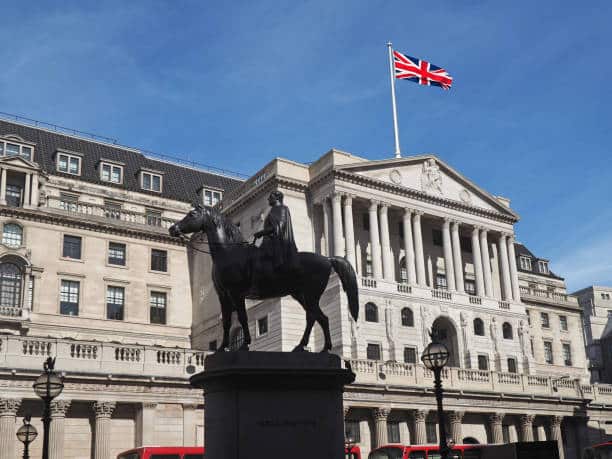The UK’s central bank and the financial regulator have both put forward proposals to regulate stablecoins in discussion papers released on Monday. The Bank of England (BoE) has revealed that the focus of the regulatory measures will be on stablecoins denominated in sterling, as they have the potential for everyday payments. “It is important for policymakers to establish regulatory requirements so that innovators can plan ahead and the adoption of innovation can be done safely,” the bank stated.
The discussion paper is open to feedback from the industry regarding the initial proposals. The Bank will then seek further consultation on its final proposed regime, which may be phased in over time as the industry evolves. In addition to regulating stablecoin issuers, the central bank will also oversee other entities that provide services to these payment systems. The bank warned that if these emerging payment systems are left unregulated, they could pose risks to financial stability in the UK.
“Stablecoins can enhance digital retail payments in the UK,” said Sarah Breeden, deputy governor for financial stability at the BoE.
The consultation paper welcomes feedback from the public and industry until February 6, 2024.
The Financial Conduct Authority (FCA) has also released a discussion paper exploring the regulation of stablecoins in terms of issuance and custody. The FCA views stablecoins as a means of facilitating faster and more cost-effective payments. “That is why we want to provide firms with the ability to safely and securely utilize this innovation,” commented Sheldon Mills, executive director at the FCA.
Furthermore, the Prudential Regulatory Authority (PRA) has issued a “Dear CEO” letter addressing the innovative use of deposits, e-money, and stablecoins. The letter outlines the PRA’s expectations regarding the management of risks associated with issuing various forms of digital money.

















